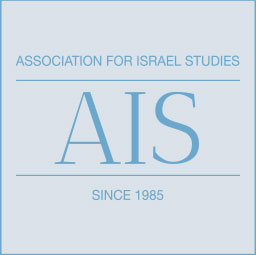Israel at 75: Archives, History and Society
Hosted by The Taub Center for Israel Studies, New York University
The Program Committee of the 39th annual conference of the Association for Israel Studies invited scholars from around the world conducting research on any aspect of Israel Studies to submit proposals for organized panels and individual papers. Of special interest are proposals relating to the conference theme — Israel at 75: Archives, History and Society.
The conference aims to bring together international scholars from any discipline relevant to Israel Studies – including, but not limited to, Anthropology, Arts (music, visual, performance, film, etc.), Conflict Resolution, Disability Studies, Economics and Business, Education, Geography and Environment, History, International Relations, Language and Literature, Law, Media and Communication, Philosophy and Thought, Politics, and Sociology. We particularly welcome papers and panels that focus on the social, cultural, and political challenges facing Israel as it marks its 75th year, as well as changing perspectives in Israeli history and the challenges of preserving and accessing the historical record.


